pisound is the high-quality sound card with MIDI interface for Raspberry Pi (RPi) computers. This card has all what it takes to be considered high-fidelity audio device: legendary Burr-Brown Op-Amps, ADC and DAC, separate grounds for analog and digital signals, low-noise power supplies, metalized polypropylene capacitors at the input, etc. Also it has a MIDI interface. Every hacker knows that UART protocol is the physical layer of a MIDI interface. Since there is no hardware controlled UART pins available on the header of the RPi 3 (just a slow bit-banging UART), we made pisound to work without it (we used SPI) and it's now compatible with both RPi 2 and RPi 3. We also placed on-board pots for easy gain and volume control, an LED for indicating audio input clipping and two LEDs for MIDI in/out transfer indication.
The sound card can work with three sample rates: 48, 96 and 192 kHz. Audio and MIDI drivers are written and can be easily installed on Raspbian OS. And for additional bonus we added a small button which is programmed to find and load a Pure Data patch from your flash drive and to safely shutdown the system if the button is held down for a couple of seconds. The scripts can be edited in order to reprogram the button to do whatever you want.
More technical parameters can be viewed on our homepage at blokas.io/pisound.
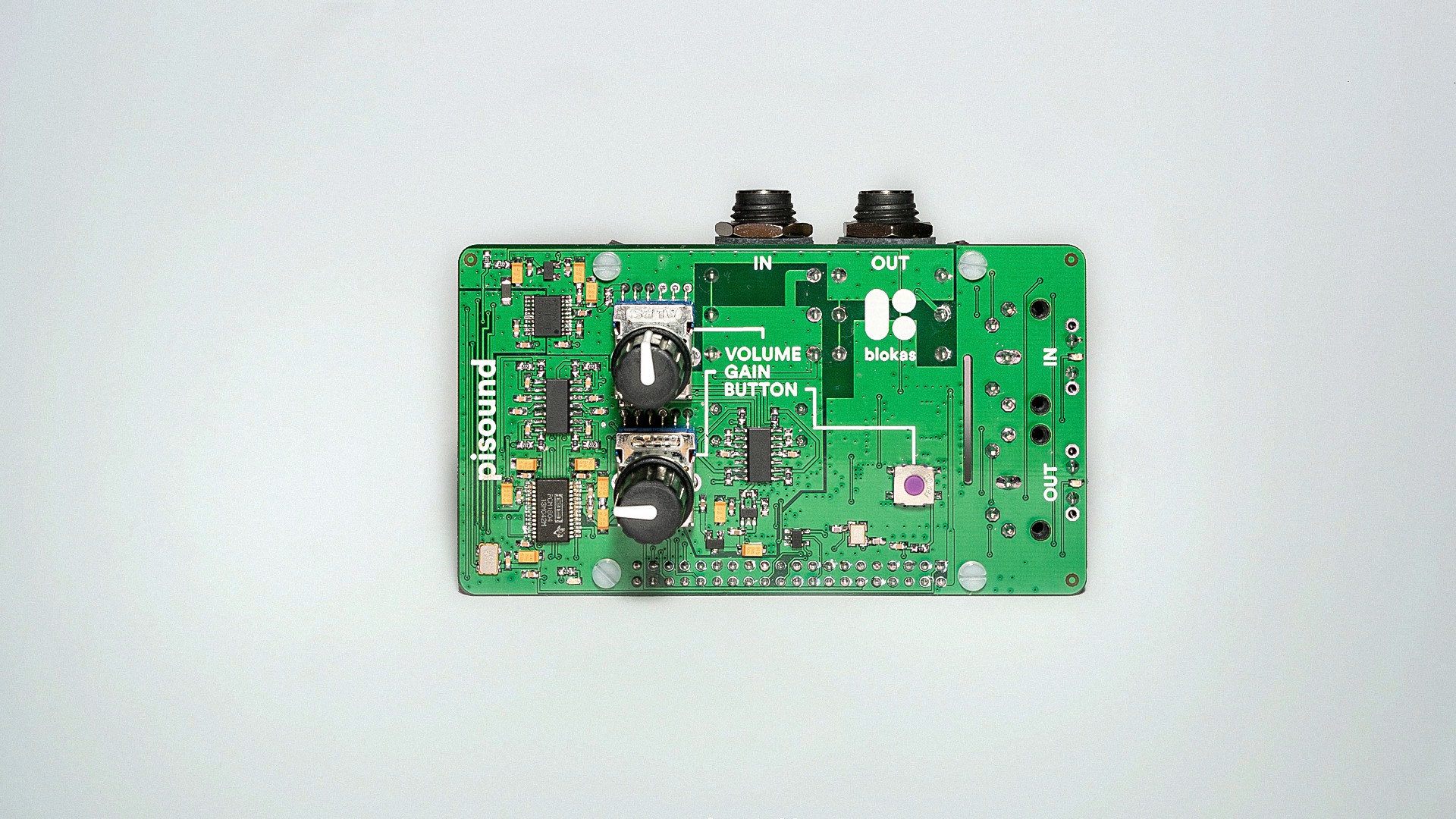


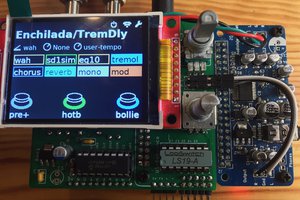
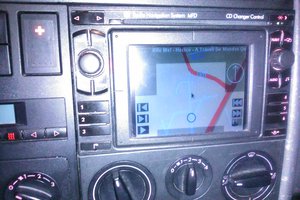
 Robert Pohlink
Robert Pohlink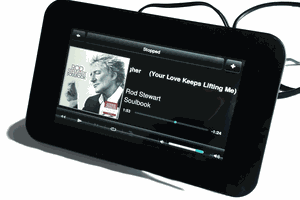
 Max2Play
Max2Play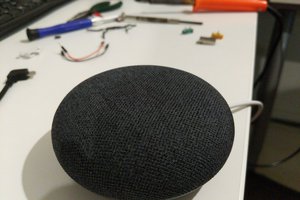
 Marcus Berg
Marcus Berg
Awesome project!!!! I sort of wanted to make something like this but now I want yours! This will be terrific for running PureData patches on Raspberry Pi 3s.